Pedagogical Principles
Students being protagonists of their own learning
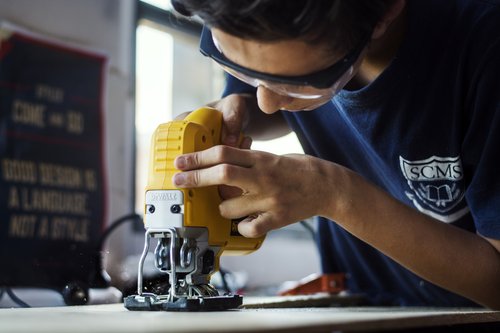
Students play an active role in their learning: interacting with their environment from their own conceptions about reality, generating questions, conjectures, hypotheses, creating explanations of the world around them, building their own experience as learners.
Being a protagonist implies that the students get involved in the learning process, observing themselves in order to improve, making their knowledge visible and acting on it by developing their autonomy.
Teachers play a significant role as facilitators of learning by designing scenarios so that students learn how to learn.
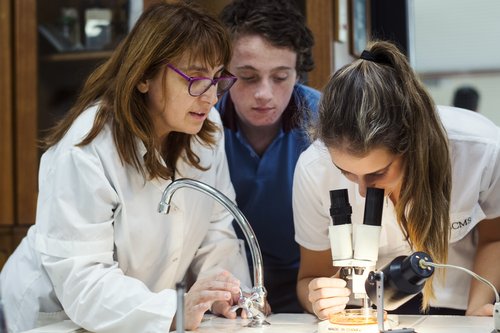
Teachers as designers of learning scenarios
In order for students to be protagonists of their learning, an environment that helps develop autonomy is needed. The role of the teacher is, then, to create scenarios that activate the motivation to learn, involving the student in this process. It is not simply about transmitting and teaching content. These scenarios, instead of positioning themselves in the answers, focus on the formulation of questions that, for their resolution, require the articulation of the available information in an innovative way and the integration of different perspectives, promoting argumentation, debate and the collective construction of solutions and alternatives.
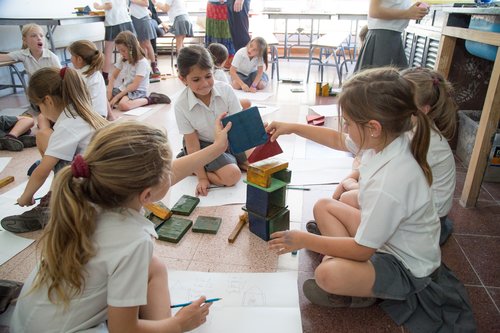
21st Century Skills
With information just a click away, the traditional focus on the transmission of content loses meaning and gives way to the development of the knowledge and skills needed for students to function in a volatile, uncertain, complex and ambiguous world.
- Critical thinking and problem solving
- Creativity and initiative for decision making
- Effective communication
- Conflict resolution
- Metacognition and autonomy
- Self-control
- Teamwork and development of social empathy
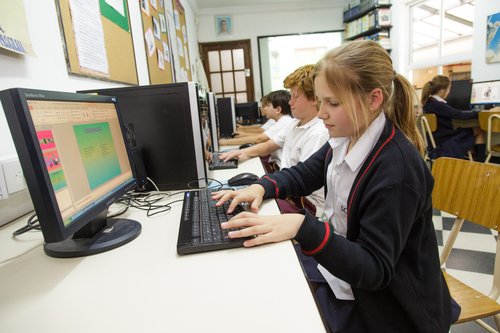
Digital immersion
Digital literacy focuses on learning the knowledge necessary for a full insertion into contemporary digital culture and society, providing students and teachers with the tools to be, not only consumers, but also producers of knowledge promoting the critical and creative use of technologies.
Along this same line, the training process began so that all teachers can obtain their Google educator certification with the support of “Maestra Trampolín”, official partner of Google for Education.
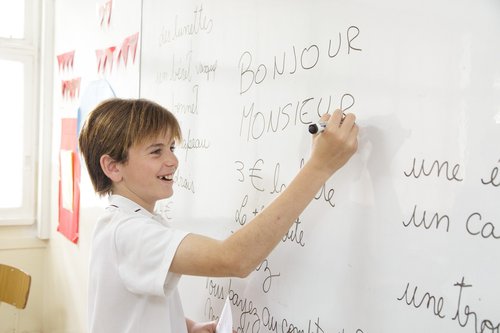 Language acquisition
Language acquisition
Since its foundation, the school has been characterized by its bilingual education in the English language, which enables students to feel safe and confident in an interconnected world where language skills are a fundamental requirement for communication. Bilingual-cultural education promotes the development of an open, flexible, and global mindset.
Students also learn French and Chinese.